Cloning Service
Cloning Service
If you have a faulty Electronic Control Unit (ECU) / Programmed component on your vehicle, for example it may be water damaged or with faulty component.Simply send us your original (Faulty) unit & the donor (Replacement) unit & will will transfer the data from your original to the replacement enabling the used unit to work on your vehicle with no further programming necessary.
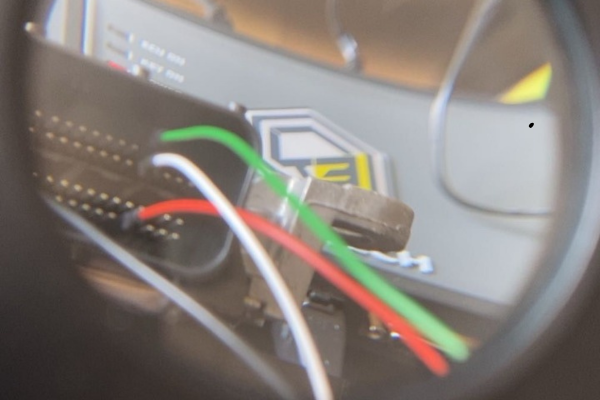
Electronic Control Unit (ECU)
An Electronic Control Unit (ECU) is a vital component in modern vehicles, responsible for controlling one or more of the car’s electronic systems. Today’s vehicles can contain dozens of ECUs, each managing specific functions—ranging from engine performance, transmission control, and braking systems to infotainment, climate control, and advanced driver-assistance features.
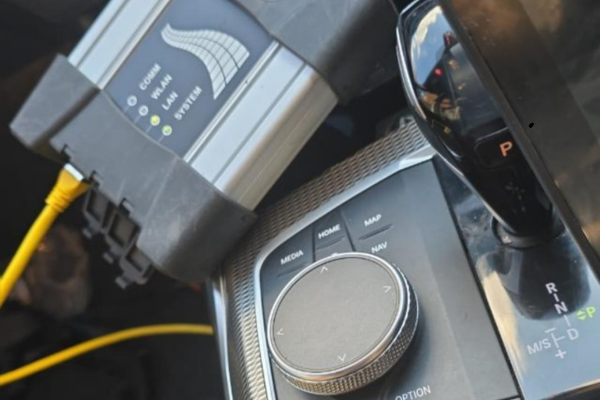
Transmission Control Unit
A Transmission Control Unit (TCU) is an essential electronic component in modern automatic and semi-automatic vehicles, responsible for managing the operation of the transmission system. The TCU works closely with the Engine Control Unit (ECU) and other vehicle systems to ensure smooth and efficient gear shifts based on driving conditions, engine load, throttle input, and road speed.

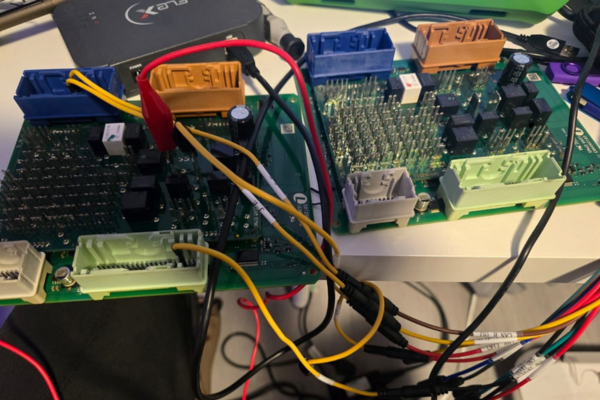
Body Control Module (BCM)
A Body Control Module (BCM) is an electronic control unit in modern vehicles that manages various body-related functions and features. It acts as a central hub, controlling systems such as lighting (headlights, interior lights), power windows, door locks, mirrors, wipers, alarms, and keyless entry.
The BCM communicates with other ECUs through in-vehicle networks like CAN (Controller Area Network) to coordinate actions and improve overall functionality.
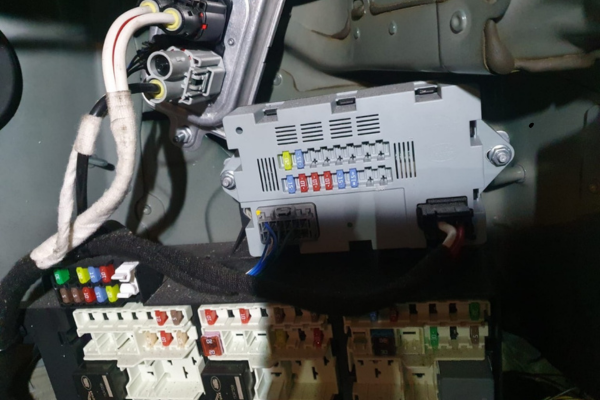
Other Modules
In addition to core components like the ECU, TCU, and BCM, modern vehicles rely on a variety of specialized electronic modules to manage and enhance different aspects of vehicle performance, safety, and user experience. These include modules such as the Airbag Control Module (ACM), which monitors crash sensors and deploys airbags in an emergency, and the ABS Control Module, responsible for managing the anti-lock braking system to maintain traction and stability.

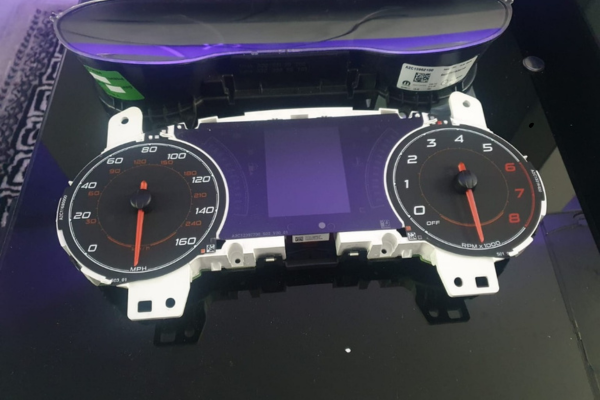
Cluster Virginization
Cluster Virginization is a specialized process used to reset a vehicle’s instrument cluster (dashboard display unit) to its original, factory state—essentially “wiping” it so that it can be reprogrammed for use in another vehicle. This process is commonly required when replacing a damaged or faulty cluster, retrofitting upgrades, or swapping clusters between vehicles.
During virginization, key stored data such as vehicle identification number (VIN), mileage, and configuration parameters are cleared.
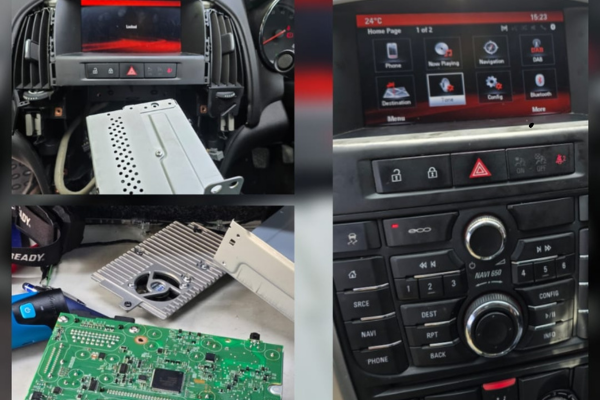
Vin Change
A VIN Change refers to the process of modifying or updating the Vehicle Identification Number (VIN) stored in a vehicle’s electronic modules, such as the ECU (Engine Control Unit), TCU (Transmission Control Unit), or instrument cluster. The VIN is a unique 17-character code that identifies a vehicle and is used for registration, insurance, and service tracking.
In some situations—like replacing major components (ECU, cluster), performing retrofits, or correcting factory errors—a VIN update may be required to ensure consistency across all vehicle systems.


Mileage Correction on a Replacement Cluster
Mileage Correction on a Replacement Cluster is the process of adjusting the displayed mileage on a newly installed or replacement instrument cluster to match the vehicle’s true odometer reading. When an original cluster fails or is replaced due to damage, malfunction, or an upgrade the new unit often arrives with zero miles or an incorrect reading.
To maintain accuracy and legal compliance, it’s important that the mileage shown on the new cluster reflects the actual distance the vehicle has traveled.